In an era where environmental concerns are at the forefront, the global community is increasingly seeking sustainable solutions for everyday needs, including heating water for residential and commercial purposes. Two prominent contenders in this arena are solar water heaters and heat pumps. These cutting-edge technologies offer energy-efficient alternatives to traditional heating methods, allowing us to reduce our carbon footprint while enjoying the benefits of cost savings. 1. Solar Water Heaters: Solar water heaters leverage the sun’s abundant energy to provide hot water for various applications. The system comprises solar collectors, a storage tank, and plumbing connections. These collectors capture sunlight and convert it into thermal energy, which then heats the water. With advancements in technology, solar water heaters can efficiently operate even in colder climates and under low-light conditions.
solar water
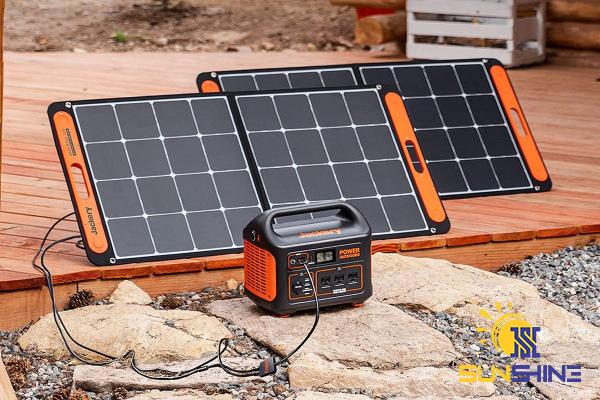 Benefits: a) Renewable and Clean Energy: Solar water heaters utilize the sun’s rays, a renewable source of energy, without producing harmful greenhouse gas emissions that contribute to climate change. b) Cost Savings: By eliminating the need for conventional energy sources like electricity or gas, solar water heaters significantly reduce monthly utility bills, leading to long-term cost savings. c) Durability and Low Maintenance: Solar water heaters are built to last, with minimal component replacements required during their lifespan. Routine maintenance typically involves cleaning the collectors and checking the system for any possible leaks.
Benefits: a) Renewable and Clean Energy: Solar water heaters utilize the sun’s rays, a renewable source of energy, without producing harmful greenhouse gas emissions that contribute to climate change. b) Cost Savings: By eliminating the need for conventional energy sources like electricity or gas, solar water heaters significantly reduce monthly utility bills, leading to long-term cost savings. c) Durability and Low Maintenance: Solar water heaters are built to last, with minimal component replacements required during their lifespan. Routine maintenance typically involves cleaning the collectors and checking the system for any possible leaks.
Specifications of solar water
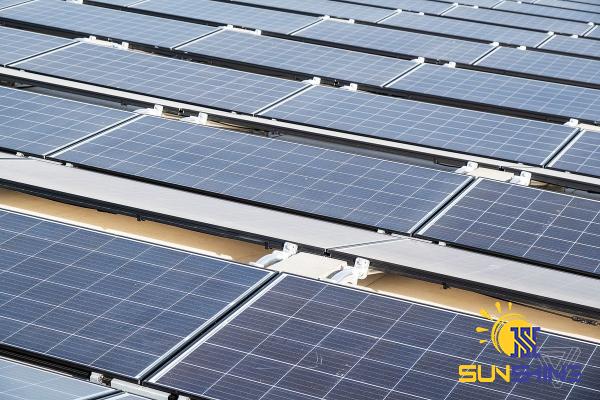 d) Government Incentives: Many countries offer financial incentives, such as tax credits or rebates, to encourage the adoption of solar water heaters, making them an attractive investment for homeowners and businesses. 2. Heat Pumps: Heat pumps harness the natural heat present in the air, ground, or water to warm up a fluid, which is then used to heat the water. Unlike traditional heating systems, heat pumps do not directly generate heat. Instead, they transfer existing heat to efficiently warm water. Benefits: a) Energy Efficiency: Heat pumps consume considerably less energy compared to conventional heating systems, as they mainly transfer heat instead of generating it. This translates to reduced energy consumption, lowering utility bills and contributing to a greener environment. b) Versatility: Heat pumps offer versatility by providing both heating and cooling capabilities. This makes them an all-in-one solution for maintaining comfortable indoor temperatures throughout the year. c) Longevity: Heat pumps typically have a longer lifespan compared to conventional heating systems, as they are not exposed to the same level of wear and tear.
d) Government Incentives: Many countries offer financial incentives, such as tax credits or rebates, to encourage the adoption of solar water heaters, making them an attractive investment for homeowners and businesses. 2. Heat Pumps: Heat pumps harness the natural heat present in the air, ground, or water to warm up a fluid, which is then used to heat the water. Unlike traditional heating systems, heat pumps do not directly generate heat. Instead, they transfer existing heat to efficiently warm water. Benefits: a) Energy Efficiency: Heat pumps consume considerably less energy compared to conventional heating systems, as they mainly transfer heat instead of generating it. This translates to reduced energy consumption, lowering utility bills and contributing to a greener environment. b) Versatility: Heat pumps offer versatility by providing both heating and cooling capabilities. This makes them an all-in-one solution for maintaining comfortable indoor temperatures throughout the year. c) Longevity: Heat pumps typically have a longer lifespan compared to conventional heating systems, as they are not exposed to the same level of wear and tear.
buy solar water
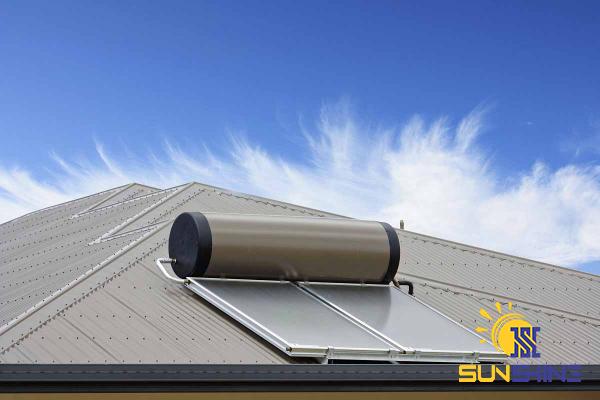 Regular servicing ensures optimal performance and extends the system’s longevity. d) Noise Reduction: Heat pumps are designed to function quietly, ensuring minimal disturbance to residents or occupants. Conclusion: Solar water heaters and heat pumps are revolutionizing the way we heat water, offering eco-friendly alternatives with numerous benefits. Both systems contribute to reducing the reliance on fossil fuels and decreasing greenhouse gas emissions, thereby addressing the pressing concerns of climate change. Moreover, with promising technological advancements and an increasing focus on sustainable living, these innovations are expected to further improve in terms of efficiency, cost-effectiveness, and ease of use. Embracing renewable energy solutions like solar water heaters and heat pumps paves the way for a sustainable future while ensuring a comfortable and reliable source of hot water.
Regular servicing ensures optimal performance and extends the system’s longevity. d) Noise Reduction: Heat pumps are designed to function quietly, ensuring minimal disturbance to residents or occupants. Conclusion: Solar water heaters and heat pumps are revolutionizing the way we heat water, offering eco-friendly alternatives with numerous benefits. Both systems contribute to reducing the reliance on fossil fuels and decreasing greenhouse gas emissions, thereby addressing the pressing concerns of climate change. Moreover, with promising technological advancements and an increasing focus on sustainable living, these innovations are expected to further improve in terms of efficiency, cost-effectiveness, and ease of use. Embracing renewable energy solutions like solar water heaters and heat pumps paves the way for a sustainable future while ensuring a comfortable and reliable source of hot water.
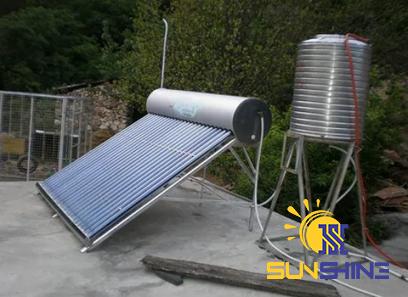
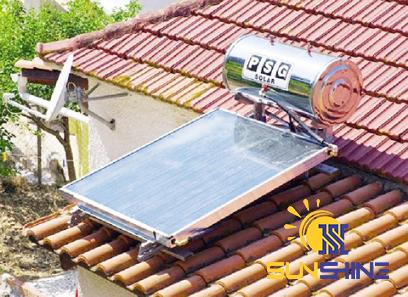
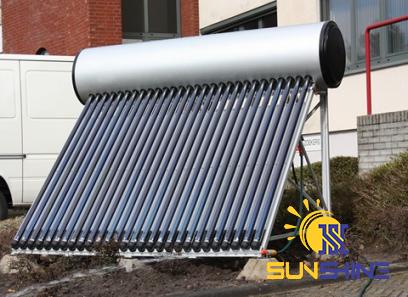
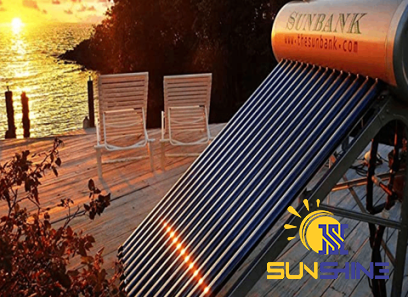
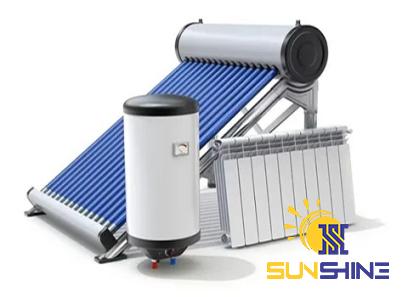

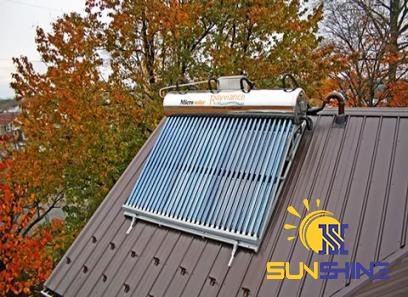
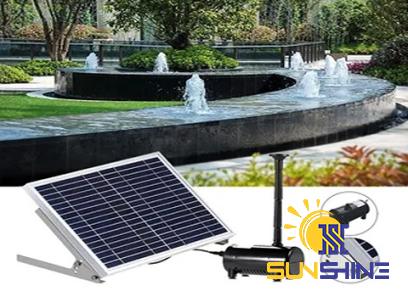
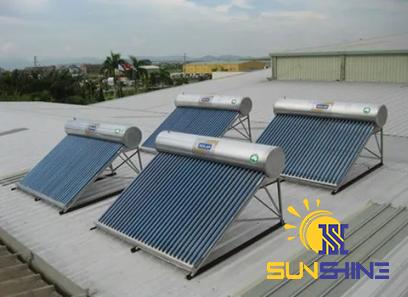
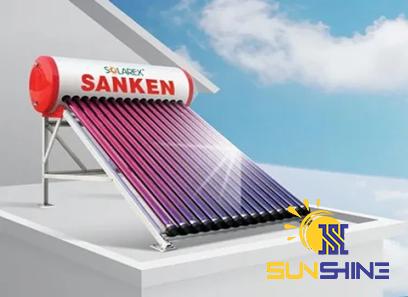
Your comment submitted.